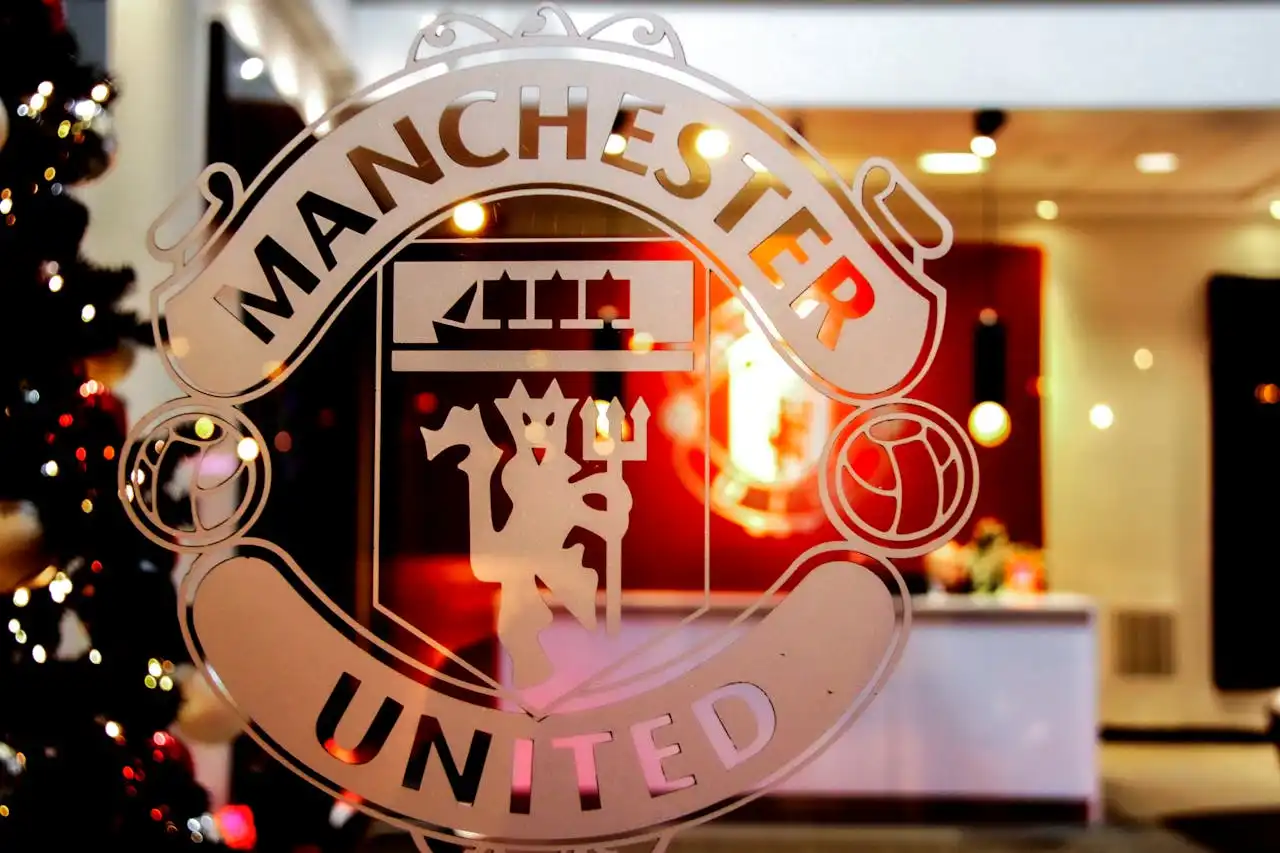Step into any pub, anywhere in the world, when Manchester United is playing. You'll quickly notice it’s not just another football match. There's a buzz, a tension, a palpable sense of anticipation that goes beyond mere sport. It’s more than ninety minutes; it’s a narrative, a continuation of a sprawling saga woven with threads of glory, heartbreak, and an eternal quest for supremacy. Manchester United matches aren't just games; they are events, steeped in a history so rich it feels like a living, breathing entity, and oozing with a prestige that few clubs globally can ever hope to emulate. So, what sets these matches apart? Why do they always feel like such a big deal, even when, let’s be honest, United might not be at their absolute peak? The answer lies deep within the club's very DNA, in its incredible, often dramatic, journey through the annals of football. From the tragic brilliance of the Busby Babes, cut short by the Munich air disaster, to the phoenix-like rise under Sir Matt Busby that culminated in European glory, and then, of course, the unparalleled dominance of the Sir Alex Ferguson era – winning everything there was to win, often with a flair and a stubborn refusal to lose that became legendary. Every single fixture, every kick of the ball, carries the weight of those generations of players, those iconic moments, and those monumental triumphs. You can almost feel the ghosts of legends past echoing around Old Trafford. And then there are the rivalries. Oh, the rivalries! They aren't just about three points; they're about identity, bragging rights, and a deep-seated historical antagonism that makes every encounter a proper slugfest. Take the North-West Derby against Liverpool, for instance. It’s genuinely wild. This isn't just two football clubs; it’s two industrial cities, two distinct cultures, battling it out for regional pride. Both clubs have dominated English football for decades, often trading blows for the top spot. The passion from the fans, the intensity on the pitch – it’s a feeling you rarely get anywhere else. These matches are not just competitive; they're a clash of empires, each seeking to assert their historical dominance over the other. Then we have the evolving saga with Manchester City. For years, the Manchester Derby was seen as United’s playground, but with City’s recent ascendancy, it’s transformed into one of the most explosive derbies in world football. It’s a local scrap that went global, a titanic struggle for the soul of Manchester. The stakes are always sky-high, the tension palpable, and the outcomes often unpredictable – remember that nail-biting 2012 Premier League title race decided by goal difference? Talk about drama! Beyond Merseyside and across town, United’s rivalry with Arsenal in the late 90s and early 2000s was pure, unadulterated theatre. Arsène Wenger versus Sir Alex Ferguson: two managerial titans, two distinct philosophies, clashing head-on. Roy Keane and Patrick Vieira squaring off in the tunnel before a game, epic battles for the Premier League title, and FA Cup final showdowns – those were the days when football felt like a grand chess match played at breakneck speed. Every single match felt like a cup final, no cap. Even the old-school Roses rivalry with Leeds United, though less frequent now, still carries that historical bite, a throwback to an era of bare-knuckle football and deep-seated county pride. The prestige also stems from Manchester United’s massive, truly global fanbase. United are a genuine worldwide phenomenon, a club supported by millions from every corner of the planet. This means that when they play, the world watches. Every match, whether it's against a top-tier rival or a mid-table side, is scrutinized, debated, and emotionally invested in by legions of fans. This global spotlight amplifies the pressure, the excitement, and the sheer importance of every result. Players who pull on that red shirt know they are representing not just a club, but a legacy, an institution. And let's not forget the drama. "Fergie Time" became a real thing, synonymous with United’s uncanny ability to snatch victory from the jaws of defeat in the dying minutes. This reputation for late comebacks and never-say-die attitude cemented a belief among fans (and a fear among opponents) that a United game is never truly over until the final whistle. This unpredictable, edge-of-your-seat quality adds another layer to the prestige. You tune in because you know, deep down, that anything can happen. It’s this blend of historical gravitas, intense rivalries, global appeal, and unpredictable drama that makes every Manchester United match an experience. It’s not just about who wins or loses on the day; it’s about participating in a continuous narrative, a living piece of sporting history that continues to unfold before our very eyes. In essence, Manchester United matches are full of prestige and history because the club itself is a living monument to footballing greatness. Every fixture is a chapter in an ongoing epic, a chance to witness the continuation of a story that has captivated generations. It’s the weight of the past, the intensity of the present, and the promise of future glory that makes every time they step onto the pitch a truly unmissable occasion. It’s more than just a game; it’s a whole vibe, an enduring testament to the power and passion of the beautiful game.












